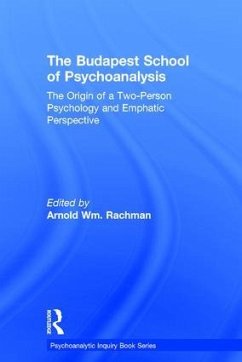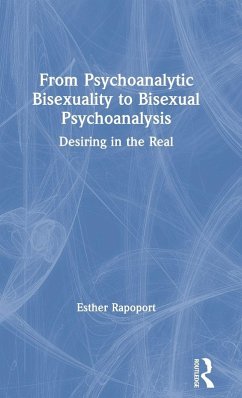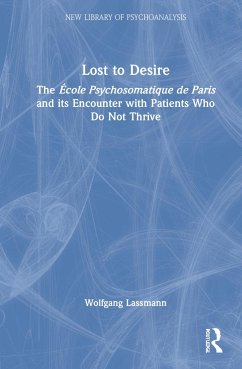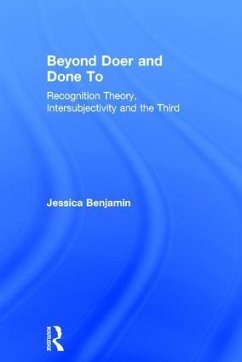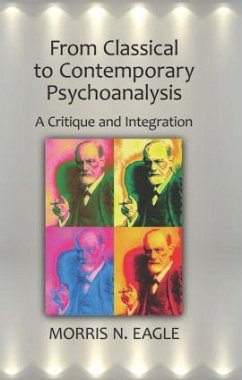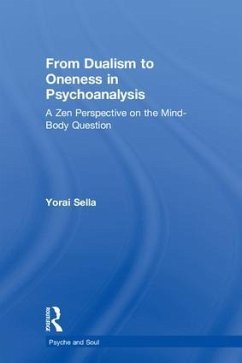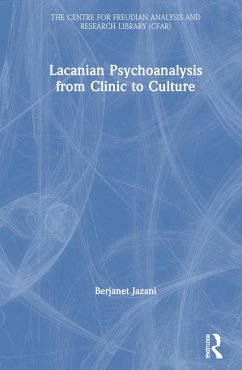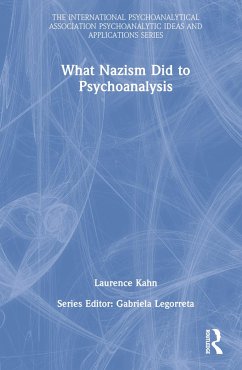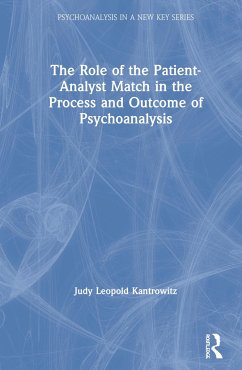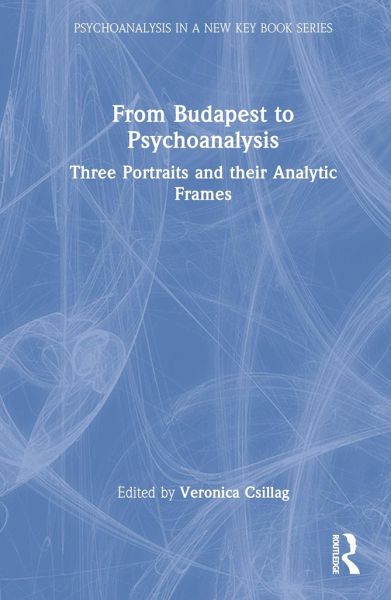
From Budapest to Psychoanalysis
Three Portraits and their Analytic Frames
Herausgeber: Csillag, Veronica

PAYBACK Punkte
81 °P sammeln!
This book follows the personal and professional journeys of three Jewish women from Budapest, originally classmates in the same high school. It shows how they and their families were marked by the Shoah, and explores the impact of the social, cultural and political milieu in which they travelled upon their development as psychoanalysts.




